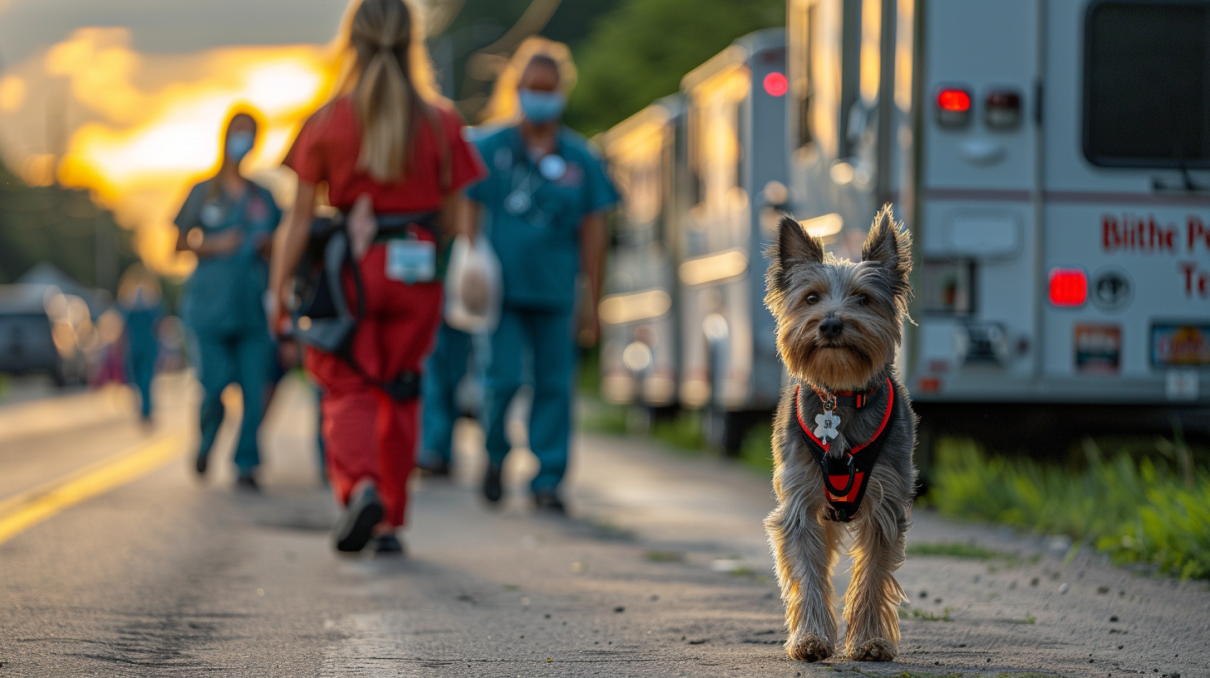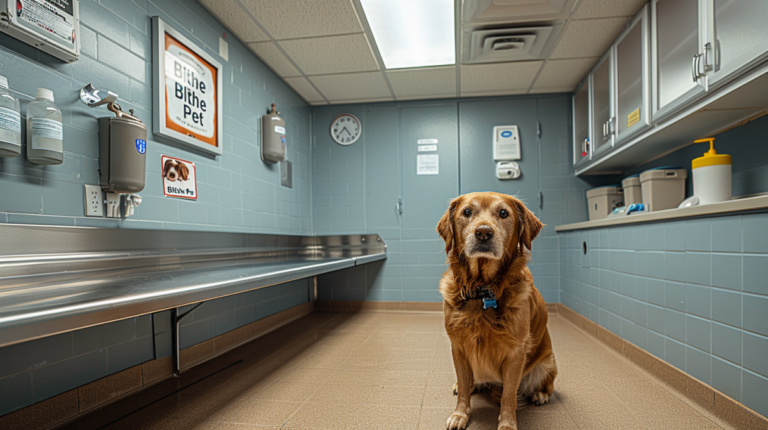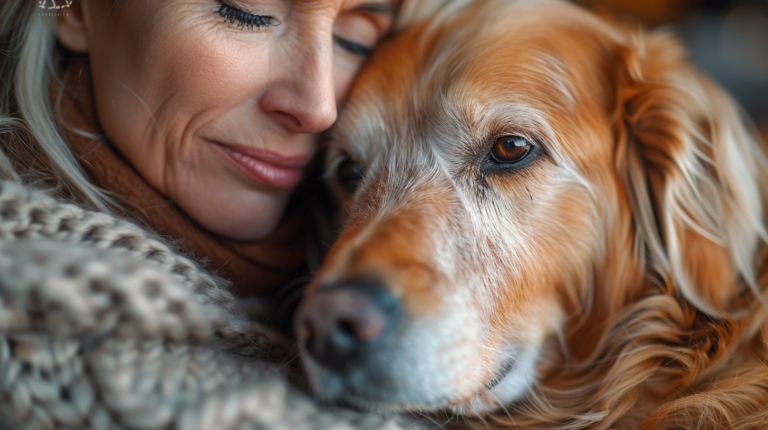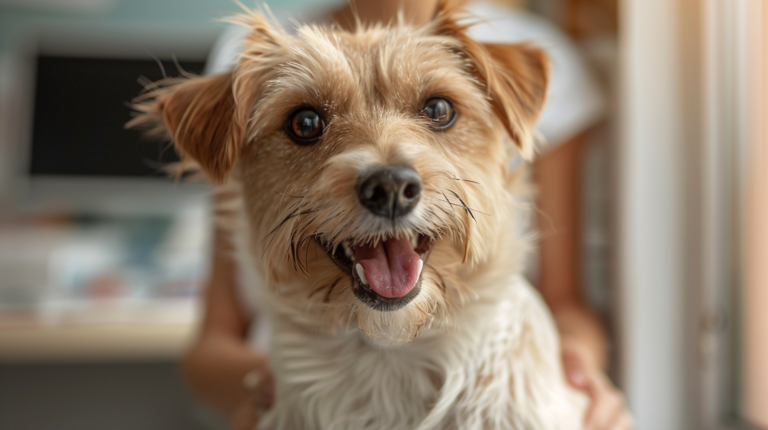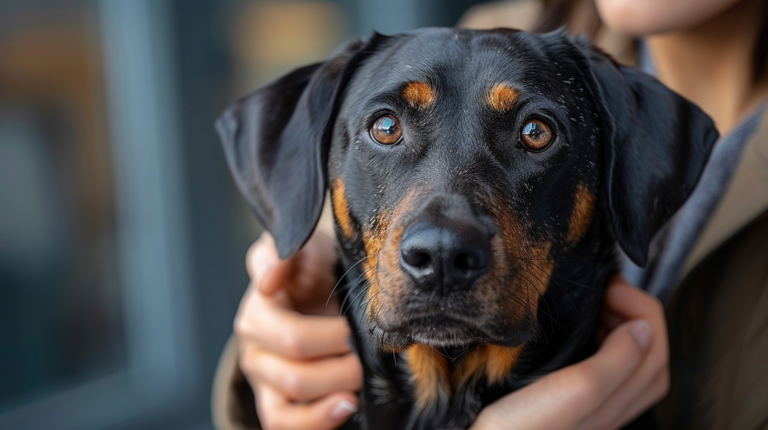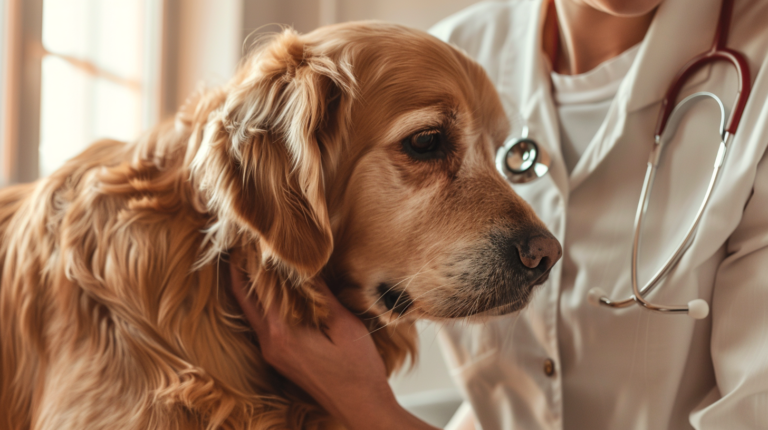Find free pet shots near me with our comprehensive guide to 5 top locations. Save hundreds on vaccinations while keeping your pets healthy and protected.
Table of Contents
Did you know that pet vaccination costs have increased by 35% over the past five years, with basic vaccine packages now costing between $150-$300 at private veterinary clinics? For many pet owners, finding free pet shots near me has become essential for maintaining their furry family members’ health without breaking the bank. Whether you’re a new pet parent or simply looking to reduce veterinary expenses, discovering reliable sources for free pet vaccinations can save you hundreds of dollars annually while ensuring your beloved companions stay protected against dangerous diseases.
Finding free pet shots near me doesn’t mean compromising on quality or safety. Many reputable organizations, from animal shelters to veterinary schools, offer these services using the same FDA-approved vaccines found in private clinics. The key is knowing where to look and when to act, as these opportunities often have limited availability and high demand.
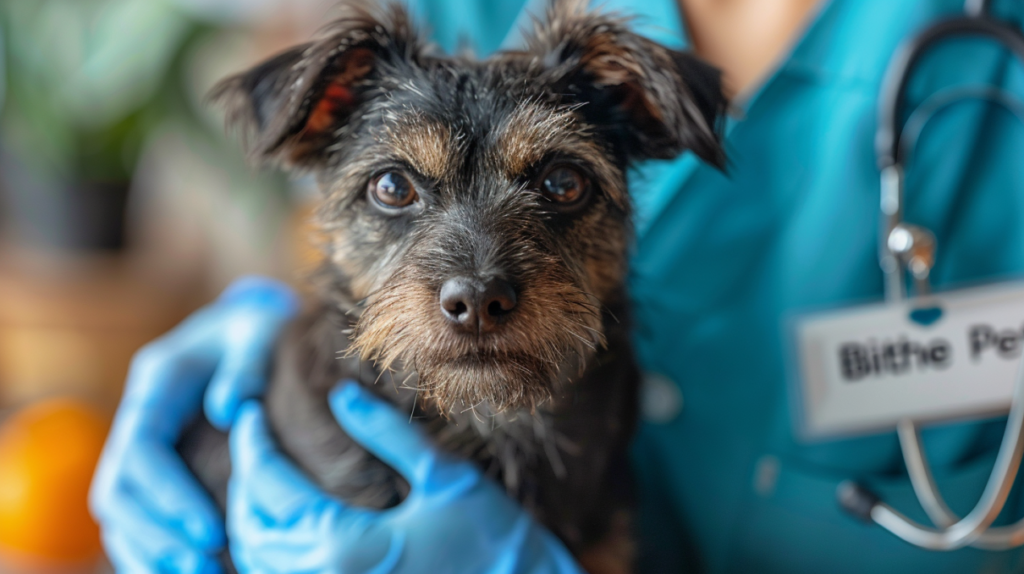
Personal Experience: When I first adopted my rescue dog Max from a shelter in Ohio three years ago, I was overwhelmed by the potential veterinary costs. After researching free pet shots near me, I discovered a monthly clinic at our local animal shelter that provided all his core vaccines at no cost. This experience taught me the value of community resources and motivated me to help other pet owners find similar opportunities.
Cost Comparison of Pet Vaccination Services
| Vaccination Type | Private Vet Clinic | Animal Shelter | Mobile Clinic | Retail Chain | Free Community Events |
|---|---|---|---|---|---|
| Rabies | $25-$40 | $10-$15 | $15-$25 | $20-$30 | FREE |
| DHPP (Dogs) | $35-$55 | $15-$25 | $20-$35 | $25-$40 | FREE |
| FVRCP (Cats) | $30-$50 | $12-$20 | $18-$30 | $22-$35 | FREE |
| Bordetella | $20-$35 | $8-$15 | $12-$25 | $18-$28 | FREE |
| Exam Fee | $50-$80 | $15-$30 | $10-$25 | $25-$45 | FREE |
| Total Package | $160-$260 | $60-$105 | $75-$140 | $110-$178 | FREE |
| Wait Time | Same day | 1-2 weeks | Same day | Same day | Event schedule only |
| Health Records | Complete | Basic | Basic | Complete | Basic certificate |
1. Animal Shelters and Rescue Organizations: Your Community’s Hidden Gem
Animal shelters represent one of the most reliable sources for free pet shots near me. These organizations understand that vaccination accessibility directly impacts pet welfare and community health, making them natural providers of low-cost and free vaccination services.
Why Shelters Offer Free Vaccinations
Most animal shelters operate vaccination clinics to serve multiple purposes: preventing disease outbreaks in the community, reducing the number of sick animals entering their facilities, and supporting pet owners who might otherwise surrender pets due to financial constraints. Many shelters receive grants specifically designated for community vaccination programs, allowing them to offer services at no charge.
What to Expect at Shelter Vaccination Clinics
Shelter-based vaccination events typically operate on a first-come, first-served basis. These clinics usually offer core vaccines including rabies, DHPP for dogs, and FVRCP for cats. Some larger shelters also provide additional services like microchipping, basic health checks, and flea/tick treatments.
Expert Tip: Call ahead to confirm vaccine availability and ask about wait times. Popular shelter clinics can have lines of 50+ pet owners, so arriving early is crucial.
Finding Shelter Programs in Your Area
Start by searching online for animal shelter vaccination clinic [your city] or contacting shelters directly. Most maintain websites or social media pages announcing upcoming free vaccination events. The ASPCA and Best Friends Animal Society websites also maintain directories of participating shelters nationwide.
Red Flag Warning: Be cautious of unlicensed individuals offering cheap
vaccinations outside of organized events. Always verify that clinics are staffed by licensed veterinarians or veterinary technicians.
2. Veterinary Schools: Professional Training Meets Community Service
Veterinary schools across the United States and Europe operate teaching clinics that provide free pet shots near me while giving students hands-on experience under professional supervision. These programs combine high-quality veterinary care with educational objectives, creating win-win situations for pet owners and future veterinarians.
The Educational Advantage
Students performing vaccinations are closely supervised by licensed veterinarians who are often specialists in their fields. This supervision level sometimes exceeds what you’d find at busy private clinics, as teaching hospitals prioritize thorough examinations and proper technique demonstration.
Services Beyond Basic Vaccinations
Many veterinary school clinics offer comprehensive wellness packages including physical examinations, parasite screenings, and nutritional counseling alongside free vaccinations. These additional services provide exceptional value and can catch health issues early.
Locating Veterinary School Programs
The American Veterinary Medical Association maintains a complete list of accredited veterinary schools. Most schools with clinical programs offer some form of community outreach vaccination services. Contact the teaching hospital or community relations department directly to inquire about upcoming clinics.
Case Study: The University of Pennsylvania’s veterinary school runs monthly community clinics serving over 200 pets per event. Their program has provided free vaccinations to more than 15,000 animals over the past decade, demonstrating the significant impact these programs can have.
3. Municipal Animal Control Services: Government-Funded Community Health
City and county animal control departments frequently operate vaccination programs as part of their public health mission. These government-funded services represent some of the most reliable sources for free pet shots near me, often operating on regular schedules throughout the year.
Public Health Motivation
Municipal vaccination programs exist primarily to prevent rabies outbreaks and reduce animal-related public health risks. Because rabies poses serious human health threats, many jurisdictions allocate significant resources to ensure pet vaccination accessibility.
Program Structure and Availability
Most municipal programs operate seasonal clinics, typically ramping up before summer months when outdoor pet activities increase rabies exposure risks. These events often coincide with pet licensing drives, creating convenient one-stop services for pet owners.
Accessing Municipal Services
Contact your city or county animal control department directly or visit their website. Many municipalities partner with local veterinarians to provide these services, combining government funding with private sector expertise.
Statistical Insight: According to the CDC, communities with robust municipal vaccination programs show 40% fewer animal rabies cases compared to areas relying solely on private veterinary services.
4. Pet Retail Chain Clinics: Corporate Social Responsibility in Action
Major pet retail chains like Petco, PetSmart, and Tractor Supply Company regularly host free pet shots near me events as part of their community outreach programs. These corporate-sponsored events combine business promotion with genuine community service.
Corporate Partnership Benefits
Retail chains often partner with established veterinary service providers or animal welfare organizations to deliver professional vaccination services. These partnerships ensure proper licensing, insurance coverage, and quality control while leveraging corporate resources for maximum community impact.
Event Structure and Services
Retail chain vaccination events typically operate as large-scale, well-organized clinics capable of serving hundreds of pets in a single day. Many offer additional services like nail trimming, microchipping, and pet supply discounts to participating pet owners.
Finding Retail Chain Events
Most major pet retailers announce vaccination events on their websites, social media channels, and in-store announcements. Sign up for store newsletters or follow social media accounts to receive advance notice, as these popular events often reach capacity quickly.
Success Story: PetSmart Charities has provided over 500,000 free vaccinations through their mobile clinic program, demonstrating the significant impact corporate social responsibility can have on pet health accessibility.
5. Non-Profit Organizations and Charitable Clinics: Mission-Driven Healthcare
Numerous non-profit organizations operate with the specific mission of providing affordable veterinary care to underserved communities. These groups represent some of the most dependable sources for free pet shots near me, often operating year-round programs rather than sporadic events.
Mission-Driven Service Models
Organizations like the Humane Society, SPCA branches, and local animal welfare groups operate vaccination programs as core components of their animal welfare missions. Unlike for-profit businesses, these organizations prioritize service accessibility over revenue generation.
Comprehensive Service Offerings
Many non-profit clinics provide full-service veterinary care including not only vaccinations but also spay/neuter services, dental care, and treatment for common illnesses. This comprehensive approach makes them valuable long-term healthcare partners for pet owners.
Income-Based Qualification Programs
Some non-profit organizations operate income-based programs requiring proof of financial need, while others offer services to all community members regardless of income. Research specific program requirements before attending to ensure eligibility.
Research Finding: A 2023 study by the Association of Animal Welfare Advancement found that communities served by active non-profit veterinary programs show 25% higher overall pet vaccination rates compared to areas without such services.
Pet Vaccination Schedule by Age
| Age | Core Vaccines | Non-Core Vaccines | Important Notes |
|---|---|---|---|
| 6-8 weeks | DHPP #1 | – | First puppy shot series begins |
| 10-12 weeks | DHPP #2Rabies | BordetellaLeptospirosis | Critical socialization period |
| 14-16 weeks | DHPP #3 | Lyme disease (if applicable) | Final puppy series |
| 1 year | DHPP boosterRabies | Annual boosters as needed | Adult vaccination schedule begins |
| Every 3 years | Rabies booster | – | State law requirements vary |
| Annually | DHPP booster | BordetellaLeptospirosis | Recommended for most dogs |
| Age | Core Vaccines | Non-Core Vaccines | Important Notes |
|---|---|---|---|
| 6-8 weeks | FVRCP #1 | – | Kitten series begins |
| 10-12 weeks | FVRCP #2Rabies | FeLV (outdoor cats) | Important for immunity development |
| 14-16 weeks | FVRCP #3 | FIP (controversial) | Final kitten series |
| 1 year | FVRCP boosterRabies | FeLV booster | Adult schedule starts |
| Every 3 years | FVRCPRabies | – | Indoor cats may need less frequent |
| Risk-based | – | FeLVFIP | Outdoor/multi-cat households |
Common Mistakes Pet Owners Make When Seeking Free Vaccinations
Understanding potential pitfalls can help you navigate free pet shots near me opportunities more effectively while avoiding disappointing experiences or inadequate care.
Mistake #1: Waiting Until the Last Minute
Many pet owners only search for free vaccination options when their pets’ vaccines are already overdue. This approach limits options and may result in missed opportunities, as popular clinics often book weeks in advance.
Mistake #2: Assuming All Free Clinics Are Equal
Not all vaccination providers offer the same quality of care or range of services. Some focus solely on rabies vaccines, while others provide comprehensive packages. Research specific services offered before committing your time.
Mistake #3: Neglecting Proper Preparation
Arriving at free clinics without necessary documentation, pet restraint equipment, or understanding of wait times can result in wasted trips and frustrated experiences.
Mistake #4: Ignoring Follow-Up Care Requirements
Free vaccination events rarely provide ongoing veterinary relationships. Pet owners must understand that emergency care, adverse reaction treatment, and routine health monitoring remain their responsibility.
Expert Tips for Maximizing Free Vaccination Opportunities
Professional strategies can help you access the best free pet shots near me while ensuring optimal experiences for both you and your pets.
Tip #1: Create a Vaccination Calendar
Track your pets’ vaccination schedules and research upcoming free clinic dates well in advance. Most vaccines require annual or tri-annual boosters, making advance planning essential for consistent care.
Tip #2: Build Relationships with Providers
Establishing relationships with organizations that regularly offer free services can provide advance notice of upcoming events and priority access when space is limited.
Tip #3: Prepare for High-Volume Events
Bring water, snacks, and entertainment for potentially long waits. Ensure pets are properly restrained and socialized enough to handle crowded environments safely.
Tip #4: Document Everything
Maintain detailed vaccination records including vaccine types, batch numbers, and administering veterinarian information. This documentation proves essential for boarding, training, and emergency veterinary care.
Tip #5: Understand Limitations
Free vaccination events typically don’t include comprehensive health examinations or treatment for existing conditions. Maintain relationships with full-service veterinarians for complete healthcare needs.
When to Consult a Professional Veterinarian
While free pet shots near me provide excellent basic vaccination services, certain situations require full-service veterinary attention that free clinics cannot provide.
Health Concerns Requiring Professional Evaluation
Pets showing signs of illness, injury, or behavioral changes need comprehensive examinations that go beyond basic vaccination services. Free clinics typically cannot provide diagnostic services, blood work, or treatment recommendations for complex health issues.
Age-Related Considerations
Very young puppies and kittens under 8 weeks old, as well as senior pets with complex health histories, often require individualized vaccination protocols that mass vaccination events cannot accommodate.
Breed-Specific Health Needs
Certain breeds have unique health considerations or predispositions that require specialized veterinary knowledge. Free clinics may not have the expertise to address breed-specific vaccination timing or contraindications.
Ongoing Relationship Building
While free vaccinations address immediate needs, building relationships with veterinarians who understand your pets’ complete health histories remains essential for long-term wellness management.
For more expert pet care tips and product recommendations, visit BlithePet.com your trusted source for pet wellness.
Warning Signs to Watch for After Vaccinations
Understanding normal post-vaccination responses versus concerning symptoms helps ensure your pets’ safety following free pet shots near me events.
Normal Post-Vaccination Responses
Most pets experience mild lethargy, reduced appetite, or slight soreness at injection sites for 24-48 hours following vaccinations. These responses indicate normal immune system activation and rarely require intervention.
Symptoms Requiring Immediate Attention
Severe allergic reactions, while rare, can be life-threatening. Symptoms including facial swelling, difficulty breathing, repeated vomiting, or collapse require immediate emergency veterinary care regardless of the time of day.
When to Contact the Vaccination Provider
For moderate concerns like prolonged lethargy beyond 48 hours, injection site swelling larger than a golf ball, or persistent loss of appetite, contact the vaccination provider or your regular veterinarian for guidance.
Documentation for Emergency Care
Always bring vaccination records and contact information for the administering clinic when seeking emergency care. This information helps veterinarians provide appropriate treatment and assess potential vaccine-related complications.
Myth-Busting: Separating Fact from Fiction About Free Pet Vaccinations
Misconceptions about free pet shots near me prevent many pet owners from accessing valuable services. Understanding facts versus fiction helps make informed decisions about your pets’ healthcare.
Myth #1: Free Vaccines Are Lower Quality
Fact: Free vaccination clinics use the same FDA-approved vaccines available at private veterinary hospitals. The reduced cost comes from bulk purchasing, volunteer labor, and grant funding, not inferior products.
Myth #2: Free Clinics Don’t Follow Safety Protocols
Fact: Licensed veterinarians and veterinary technicians staffing free clinics must follow identical safety and sanitation protocols required in private practice. State veterinary boards regulate these services with the same standards.
Myth #3: Free Vaccines Don’t Last as Long
Fact: Vaccine duration depends on the specific product used, not the cost paid by the pet owner. A rabies vaccine administered at a free clinic provides identical protection duration as one given at an expensive private hospital.
Step-by-Step Guide to Accessing Free Pet Vaccinations
Following a systematic approach helps ensure successful experiences when seeking free pet shots near me.
Step 1: Research Available Options
Begin by identifying all potential free vaccination sources in your area including animal shelters, veterinary schools, municipal programs, retail chain events, and non-profit organizations. Create a comprehensive list with contact information and typical service schedules.
Step 2: Verify Requirements and Eligibility
Contact each provider to understand specific requirements such as income verification, residency restrictions, or pet health prerequisites. Some programs serve only certain demographics or require advance registration.
Step 3: Prepare Necessary Documentation
Gather required documents including previous vaccination records, identification, proof of income if needed, and any required registration forms. Having complete documentation prevents delays and ensures service eligibility.
Step 4: Schedule or Plan Attendance
For events requiring appointments, schedule as far in advance as possible. For walk-in clinics, plan to arrive early and prepare for potential wait times.
Step 5: Prepare Your Pet
Ensure pets are properly restrained with appropriate leashes, carriers, or harnesses. Bring water and familiar comfort items for nervous animals. Avoid feeding large meals before vaccination to reduce nausea risks.
Step 6: Follow Up Appropriately
Monitor pets for normal and abnormal post-vaccination responses. Schedule future vaccine boosters according to provided recommendations and maintain detailed vaccination records.
The Future of Free Pet Vaccination Programs
Understanding trends in free pet shots near me availability helps pet owners prepare for changing program landscapes and identify emerging opportunities.
Expanding Corporate Involvement
Major corporations increasingly recognize pet wellness as a community responsibility, leading to expanded funding for free vaccination programs. This trend suggests growing availability of corporate-sponsored events in coming years.
Technology Integration
Mobile apps and online platforms increasingly help connect pet owners with free vaccination opportunities. GPS-based searches and automated notifications for upcoming events streamline access to these valuable services.
Veterinary School Program Growth
As veterinary education emphasizes community service and practical experience, more schools develop robust community outreach programs including free vaccination clinics.
Government Policy Evolution
Some jurisdictions explore legislation requiring minimum levels of free or low-cost veterinary services, potentially expanding municipal vaccination program availability.
Frequently Asked Questions About Free Pet Shots
Conclusion
Finding reliable free pet shots near me requires research, preparation, and understanding of available community resources, but the effort pays substantial dividends in both financial savings and pet health protection. The five key sources outlined—animal shelters, veterinary schools, municipal services, retail chain events, and non-profit organizations—provide multiple pathways to accessing quality vaccination services without compromising your budget.
Remember that while free vaccination events address essential preventive care needs, they complement rather than replace comprehensive veterinary relationships. The hundreds of dollars saved through free vaccination programs can be redirected toward emergency funds, premium pet food, or other wellness investments that enhance your pets’ quality of life.
Success in accessing free pet shots near me depends on proactive planning, thorough preparation, and realistic expectations about service limitations. By following the strategies outlined in this guide, you can confidently navigate free vaccination opportunities while ensuring your beloved companions receive the protection they need to live healthy, happy lives.
The pet care community’s commitment to vaccination accessibility reflects our collective understanding that healthy pets create healthier communities. Take advantage of these valuable resources while they’re available, and consider supporting organizations that make free pet shots near me possible through donations or volunteer work when your circumstances allow.
Have a similar experience with your pet? Share it in the comments below! Don’t forget to check out our other helpful guides at BlithePet.com.

